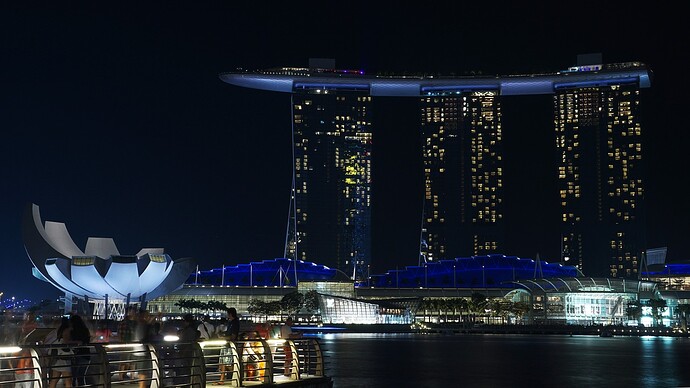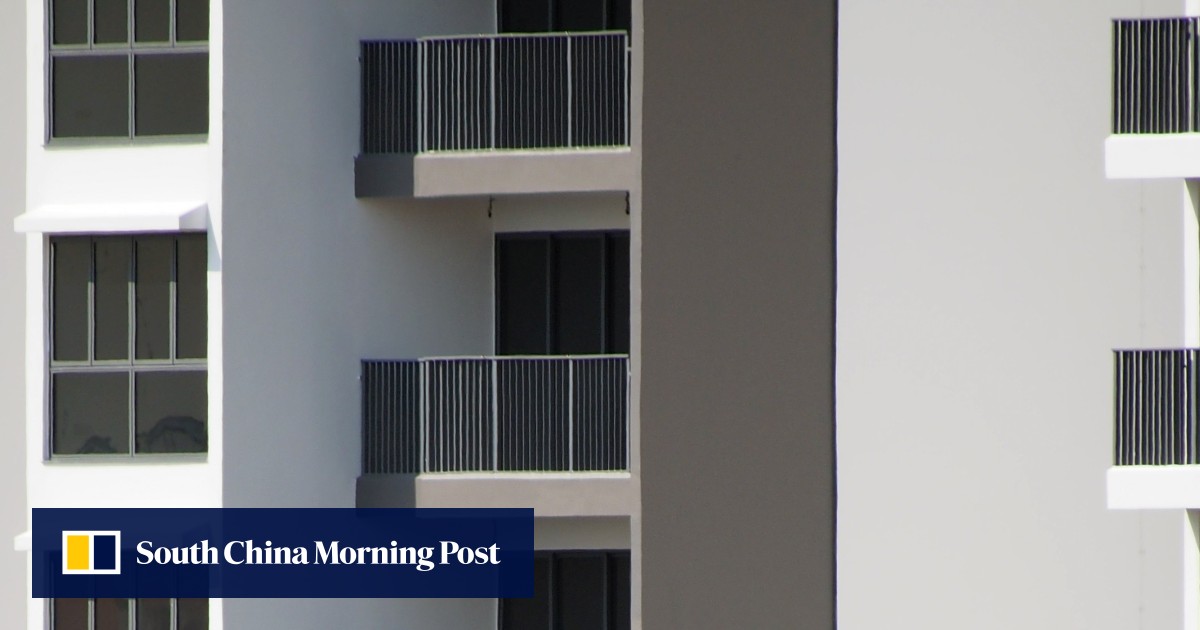I just know that if you arrive in Indonesia, and you carry drugs, that will be the end for you.
I heard years back they did a cleanse of drug addicts, gun carrying thugs, criminals, and corrupt people at all levels.
I just know that if you arrive in Indonesia, and you carry drugs, that will be the end for you.
I heard years back they did a cleanse of drug addicts, gun carrying thugs, criminals, and corrupt people at all levels.
Anti-corruption campaign is a coverup operation to remove political opposition ![]()
![]()
![]()
![]() Shall we start a rally on Indonesian politics? Choose your side.
Shall we start a rally on Indonesian politics? Choose your side. ![]()
![]()
![]()
![]()
![]()
Singapore RE market still weak according to this…
Home prices have been falling in parts of the Middle East, Latin America, Eastern Europe, and Asia.
Did you think it would be that easy to get the Singapore gig???

Democrats have placed a hold on the nomination of KT McFarland to be ambassador to Singapore until she answers their questions about her knowledge of communications between former national security adviser Michael Flynn and Russian ambassador Sergey...
To be fair, Singapore is probably the only place in that list people wouldn’t mind living in…

It's one of the greatest transformations the world has ever seen...

Browse through JLL's latest coverage of commercial real estate news, trends, expert opinions, research and more. Subscribe Now!

With the new cooling measures, those buying a second property for investment purposes might have to set aside almost half of the property price ...
Yes, not RE but Singapore industry related…

SINGAPORE: The Lease Buyback Scheme will be extended to all Housing and Development Board (HDB) flats, including five-room and larger flats, ...

As the oldest public housing flats near the halfway mark of their 99-year leases, owners grapple with the fear that what once seemed an astute investment now seems doomed to depreciation
Singapore’s public housing is a new experiment which only had 41 year history. Seems that govnernment is also responsible for upgrading, not the buyers. At the end of the land lease, government can take it back for free or buy back the building at a government set price. It’s more a political play since 80% of the people live in such houses.
41 year old public housing flat is very cheap, you can buy 700sf for 200k. 10 times cheaper than Hong Kong.
“Units similar to the flat Chouw bought in 2015 for S$376,000 – a 700 sq ft unit upgraded with an additional utility room 11 years ago, when it turned 30 – now sell for between S$250,000 and S$308,000. If this depreciation continues, Chouw plans to “go to the ballot box and put in a vote for the other party”.
In a bid to address homeowners’ concerns, Singapore Prime Minister Lee Hsien Loong on Sunday used his National Day Rally address to announce three new housing measures. He said the government would upgrade more flats approaching their 30-year mark and upgrade flats again when they hit 60 – and it would also buy back some flats at the 70-year mark in a collective sale called the Voluntary Early Redevelopment Scheme (VERS).”
Will the Lee family lose Singapore government if they insist on 99 year lease and don’t renew the lease unconditionally? If 80% of the voters want to elect another party, they will get the government land either renewed for free or even make the land transfer to the flat owner for free.
“But with the oldest flats nearing the halfway mark of their 99-year leases, many Singaporeans have been left fearing their investments will be for nothing when the homes return to the state.
Singapore is not alone in grappling with the issue. China has a 70-year leasehold system and is drafting laws to let leases be renewed unconditionally. Hong Kong has automatically extended leases on some old properties, subject to an annual rent.
But Singapore is clear it will not be budging. “Ninety-nine years is a very long time,” said the prime minister. “This is the only way to recycle the land.””
Even so, potential buyers such as trader Sam Lim, 36, feel a little reassured. He said VERS meant there was now a possibility of getting some return from an older flat.
“Your residual value at the end of the lease has gone from zero to something more than zero. So if the price is reasonable, I’d buy an older flat on the assumption that I’ll get nothing, but if I get to benefit from one of these schemes then it’s a bonus.”
Other owners, like Chouw, are less optimistic. He said he had not bought his flat as an investment, but did not want to end up with nothing. “I don’t intend to sell unless I’ve other plans – I get married or I leave the country. And we’re still not clear if VERS will take place, or if my neighbour would vote for it. There’s also no benchmark for what price the government would offer. I guess it’s a wait and see thing for now.”
China has a 70-year leasehold system and is drafting laws to let leases be renewed unconditionally.
While that sounds good, economically China cannot afford to do this unless they change something else. The current primary source of revenue for municipal and state governments is land sales. By at least putting them on a lease, they can remonetize a finite resource (land). This coupling to land sales is part of the reason for the driver in immense infrastructure projects (open up new areas for land sales) and the shadow lending issue (raising money if land sales stall). So unless they introduce some other mechanism to raise revenue, they won’t be able to renew leases at zero cost
If this depreciation continues, Chouw plans to “go to the ballot box and put in a vote for the other party”.
That’s the problem with democracy. Those guys bought 99 years leasehold with open eyes, now they want government to rectify their mistake. Right from the start I refuse to buy 99 years leaseholds. Now you see why I hate the 1 man 1 vote system, the majority can hold the government at ransom for their “majority” mistake. In a free market like stock market, you sucks mean you sucks.
But Singapore is clear it will not be budging. “Ninety-nine years is a very long time,” said the prime minister. “This is the only way to recycle the land.””
I fully support this line of thought.
Recycle the land is very critical for the progress of Singapore.
China is different. They don’t need voter approval so this kind of issues can be revolved easily. Majority will win.